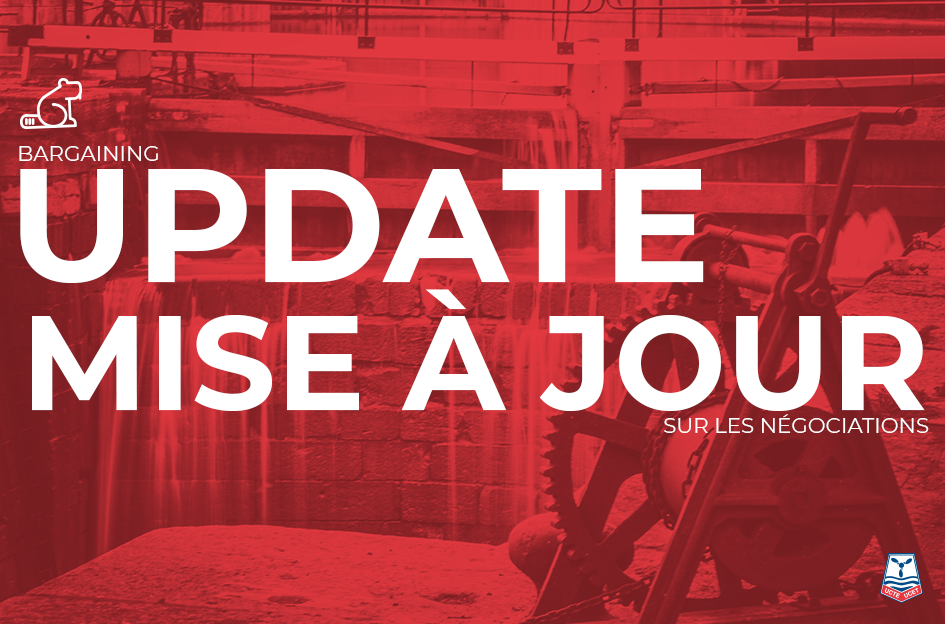Parks Canada bargaining: what it means for canal members
PSAC began negotiations with Parks Canada in January 2019 after the collective agreement expired August 4, 2018. Specifically, UCTE represents the Parks canal workers who work along the Rideau, the Chambly and the Sault Ste. Marie canal systems as well as the Trent-Severn Waterway. Bargaining has been difficult with the employer coming to the table each time reluctantly and unprepared to negotiate. In July, PSAC declared impasse which begins a new process.
Under the Federal Public Sector Labour Relations Act, once an impasse is declared and accepted, a Public Interest Commission (PIC) is established to help both sides reach an agreement. The PIC can either be a single member or a panel of three people (upon the request of either party). A three-person panel consists of a chairperson appointed by the Labour Board and nominees appointed by the union and management. The union and the employer submit a brief outlining their positions on the outstanding issues at a hearing. The PIC then issues a report with recommendations for settlement. The recommendations are not binding.
Once the PIC releases its report, the bargaining team will reconvene to discuss the recommendations. PSAC expects that afterwards the bargaining team and government representatives will then resume negotiations.
Brother Daniel Britton sits on the bargaining team representing UCTE. In conversation he said that the membership is tired and for good reason. Over the last five years, canal members have experienced a reduction in the boating season which meant a loss of hours of work. Then came workforce adjustment where they waited to see if they or their colleagues would have a job. More recently, they have been living through the pay debacle known as Phoenix. All of this adds up to a lack of morale and a feeling of being kicked while your down.
But Daniel notes that, despite all of these things, these actions are a motivator. He said that “the events of what happened during the workforce adjustment inspire us (the bargaining team) to make sure we are better protected.”
Daniel is disappointed in the employer during these negotiations. “At one round of bargaining they came to the table with 3 pieces of paper. This told us a lot about how willing they were to work. They keep insisting on concessions from us.”
Some of the issues impacting canal members include:
- The employer wants to pro-rate family-related responsibility leave. That means that if you work .63 of a full-time position then you only get .63 of leave.
- The employer is fighting providing collective agreements in paper form citing that site stations have internet. “The employer is not recognizing the reality of workers who have limited to no access to computers,” said Daniel.
- The bargaining team is asking for a fair and transparent workforce adjustment process to increase job security and provide a simpler process for downsizing.
What’s next
While we wait for the PIC process, canal workers are encouraged to get involved and support your bargaining team. With the elections coming, there is an opportunity to raise concerns about the negotiations with the candidates who want your vote.
To see the issues and questions to ask the different political parties click here
“Everything that we (the bargaining team) do is to bolster a strong collective agreement that benefits everyone,” said Daniel.
